CHildren in Action: Motor Program for PreschoolerS

CHAMPPS is a class-wide preschool motor program with lessons embedded with universal design for learning strategies, music videos, large motor activities, and links to literacy and the Pre-K curriculum. The program supports children with diverse abilities by addressing physical activity level, fundamental motor skills, and school readiness skills (language, social, pre-academics, approaches to learning).
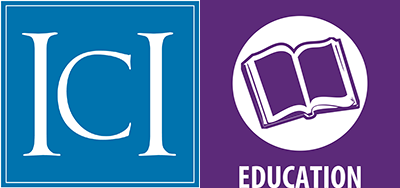
What we Do
Why is CHAMPPS important in early childhood education?
Preschool motor experiences in early childhood education (recess, music/motor movement classes) often do not address the need for intentional strategies to support motor skill development and physical activity level in all children . This is critical given that many preschoolers with disabilities have motor deficits and are educated in inclusive preschool classrooms.
- All children are born with strengths and challenges.
- children need multiple opportunities to hone all of their abilities.
- An increase in motor skill does not naturally lead to an increase in physical activity, nor does increased physical activity automatically lead to strong motor skills.
- Opportunities for learning motor skills need to be intentionally supported, and opportunities for physical activity need to be intentionally provided.
What does CHAMPPS provide?
CHAMPPS includes:
-
7 Units
targeting the 7 fundamental movement skills:
- Introductory Skills
- Walking & Running
- Balance, Jumping & Hopping
- Catching
- Throwing
- Striking
- Kicking
-
Lessons
embedded with activities designed to increase physical activity level
and improve specific motor skills:
- Warm-Up
- Core Activity
- Core Activity 2
- Core Activity 3
- Physical Activity Music Video
- Cool Down
- example activity here. Watch video [MVS1] here.
- Music Videos designed to increase moderate-vigorous physical activity. See a music video here.
- Verbal Prompt Glossary to encourage specific language for instruction of motor skills
- Visual Supports specific to motor skills and activities for each lesson
- Universal Design for Learning suggestions to accommodate individual learning differences in motor skills and activities
- School Readiness Skill Support with specific suggestions for how to incorporate language, mathematics, science, motor, social and approaches to learning in each activity. See an example of Language & Literacy suggestions here.
- Lesson Extension activity ideas to offer more challenge or more support within the lessons
- Review Days scheduled in the middle and end of each unit. Teachers have flexibility to plan review days depending on the needs and abilities of their students
- Home Component sent home each week with activities for students to do at home with family and friends. Translations in Portuguese, Spanish and Haitian Creole are also available.
See an example CHAMPPS at Home here.
What does CHAMPPS look like?
CHAMPPS is intended to take place 2-3 times per week depending on half day vs full day preschool programs. Each CHAMPPS lesson follows national guidelines for structured physical activity and is 30 minutes in length (see Shape America for more information).
Table 1. CHAMPPS Lesson Sequence
|
Motor Skill Unit |
Week |
UDL Lesson |
Physical Activity Music Video |
|
1.Introductory Skills |
One |
Mon: Lesson 1: 30 min |
|
|
Tues: Lesson 2: 30 min. |
|||
|
Two |
Mon: Lesson 3: 28 min. |
2 min. |
|
|
Tues: Review Day |
|||
|
Three |
Mon: Lesson 4: 28 min |
2 min. |
|
|
Tues: Lesson 5: 26 min |
4 min. |
||
|
Four |
Mon: Lesson 6: 26 min |
4 min. |
|
|
Tues: Review Day |
|||
|
2.Walking & Running |
One |
Mon: Lesson 1: 30 min |
|
|
Tues: Lesson 2: 30 min. |
|||
|
Two |
Mon: Lesson 3: 28 min. |
2 min. |
|
|
Tues: Review Day |
|||
|
Three |
Mon: Lesson 4: 28 min |
2 min. |
|
|
Tues: Lesson 5: 26 min |
4 min. |
||
|
Four |
Mon: Lesson 6: 26 min |
4 min. |
|
|
Tues: Review Day |
|||
|
3.Balance & Jumping |
← Repeat From Above → |
||
|
4. Trapping & Catching |
|||
|
5. Throwing |
|||
|
6. Striking |
|||
|
7.Kicking |
|||
Please see an example schedule for a half-day preschool program here .
Publications
Here are some of our recent publications.
Motor Skills Acquisition for Young Children with Disabilities (Favazza, P.C., & Siperstein, G.N., 2016). In B. Richow, B. Boyd, E. Barton, and S. Odom (Eds.) Handbook on Early Childhood Special Education. Springer International Publishing: Switzerland.
Overview of motor skill intervention, challenges in the motor programs in the current preschool landscape.
CHildren in Action: Motor Program for PreschoolerS (CHAMPPS) (October, 2016). Favazza, P.C., Ostrosky, M.M., Stalega, M., Yang, H.W., & Houghton, M.
Presented at DEC’s Division on Early Childhood’s International Conference on Young Children with Special Needs and Their Families, Louisville.
Resources
Inside Sources
-
PowerPoint presentation describing the CHAMPPS program and findings from Year 1.
-
· Young Athletes Program: Impact on Motor Development (PDF)
[link to APAQ Manuscript on YA.Published.pdf]
The impact of a motor program on inclusion of children with disabilities in Kenya.
Outside Sources
Explore these resources related to early childhood education and inclusion.
-
Crisis in the Kindergarten: Why Children Need to Play in School
Ways in which kindergarten has changed, and why it is important to restore play in early childhood classes. -
NASPE: Appropriate Practices in Movement Programs for Children Ages
3-5
Indicators of high-quality motor programs. -
Playpen to Playground
The importance of physical play for motor development. -
Efficacy of Interventions: Motor Development in Young Children
Analysis of and recommendations for preschool motor programs. -
Active Start: A Statement of Physical Activity
Guidelines and standards for motor programs. -
DEC Recommended Practices
Practices to promote the outcomes of young children who have or are at risk for developmental delays/disabilities and to support their families. -
The Right to Play
How to use motor play to educate and empower children to overcome daily challenges, promote acceptance, and build friendships.
Our Findings
-
Physical Activity
Our findings on physical activity as measured by an accelerometer during our first year of development. -
Child Behavior
Our findings on Classroom Context and Child Behavior during the first year of CHAMPPS. Context and Child Behavior was measured using the CHOIS measure. -
Teacher Testimonials
Feedback and testimonials from teachers who led CHAMPPS during the first year of development.
Measures/Tools page
-
Criteria for Evaluating Preschool Interactive Movement Books
A tool to guide the selection of age-appropriate, interactive movement books for use in preschool classrooms. -
Preschool Interactive Movement Books
A sample of recommended movement books that meet the Criteria for Evaluating Preschool Interactive Movement Books so as to provide a link between literacy and movement. -
CHAMPPS Observer Impression Scale (CHOIS)
An observation tool to describe children’s behaviors (motor appropriate, motor inappropriate) within the context of a motor lesson (instruction, motor play), enabling a teacher to determine if the structure of the motor class contributes or inhibits appropriate motor play. -
CHAMPPS Fidelity of Implementation Record
An evaluation tool to measure program fidelity as it relates to 4 indicators: exposure, adherence, participant responsiveness, and quality of delivery.
Meet Our Team page
Paddy C. Favazza
Principal Investigator
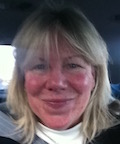
Bio:
Michaelene Ostrosky
Co-Principal Investigator
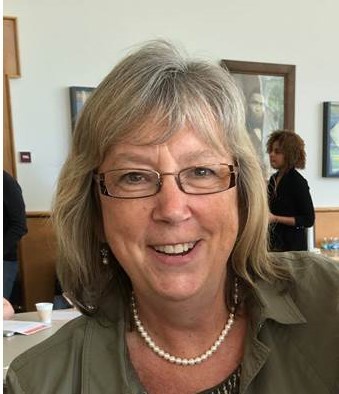
Bio: Michaelene M. Ostrosky is a Professor of Special Education at the University of Illinois. Her research focuses on social emotional competence and challenging behavior of children with disabilities, including strategies for promoting acceptance. Dr. Ostrosky is passionate about translating research to practice; she has authored over 100 publications, including articles focusing on strategies to support the development and learning of children under age 6.
Melissa V. Stalega
Project Coordinator
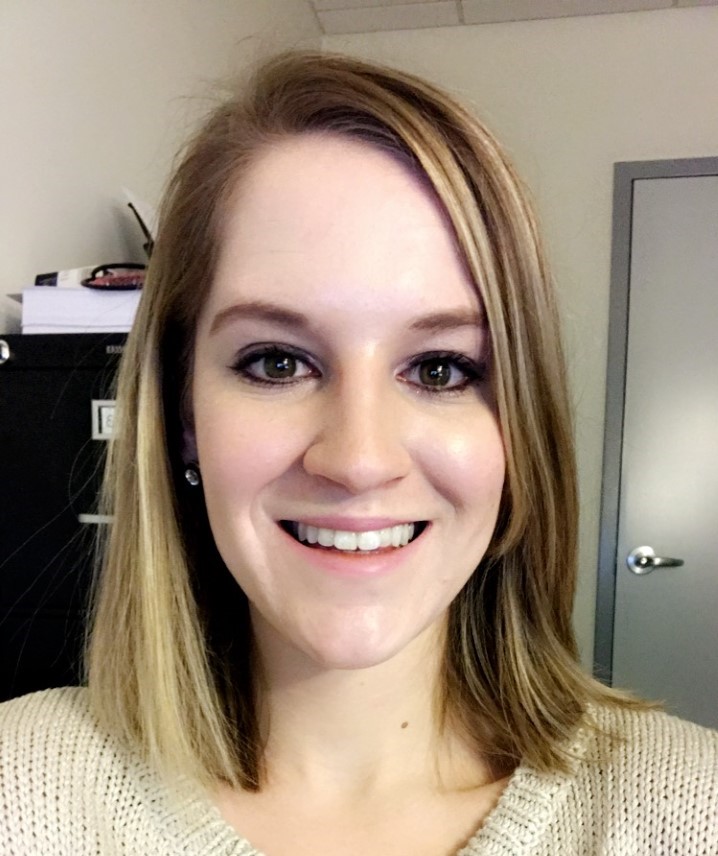
Bio: Melissa Stalega graduated from Bryant University with a BA in Applied Psychology and Literary & Cultural Studies. In addition she graduated from University of Virginia with a M.Ed. in Education Psychology: Applied Development Science. Her research interests include professional development, teacher-child interactions, social-emotional development and inclusion in early childhood education.
Katherine Aronson-Ensign
Graduate Research Assistant
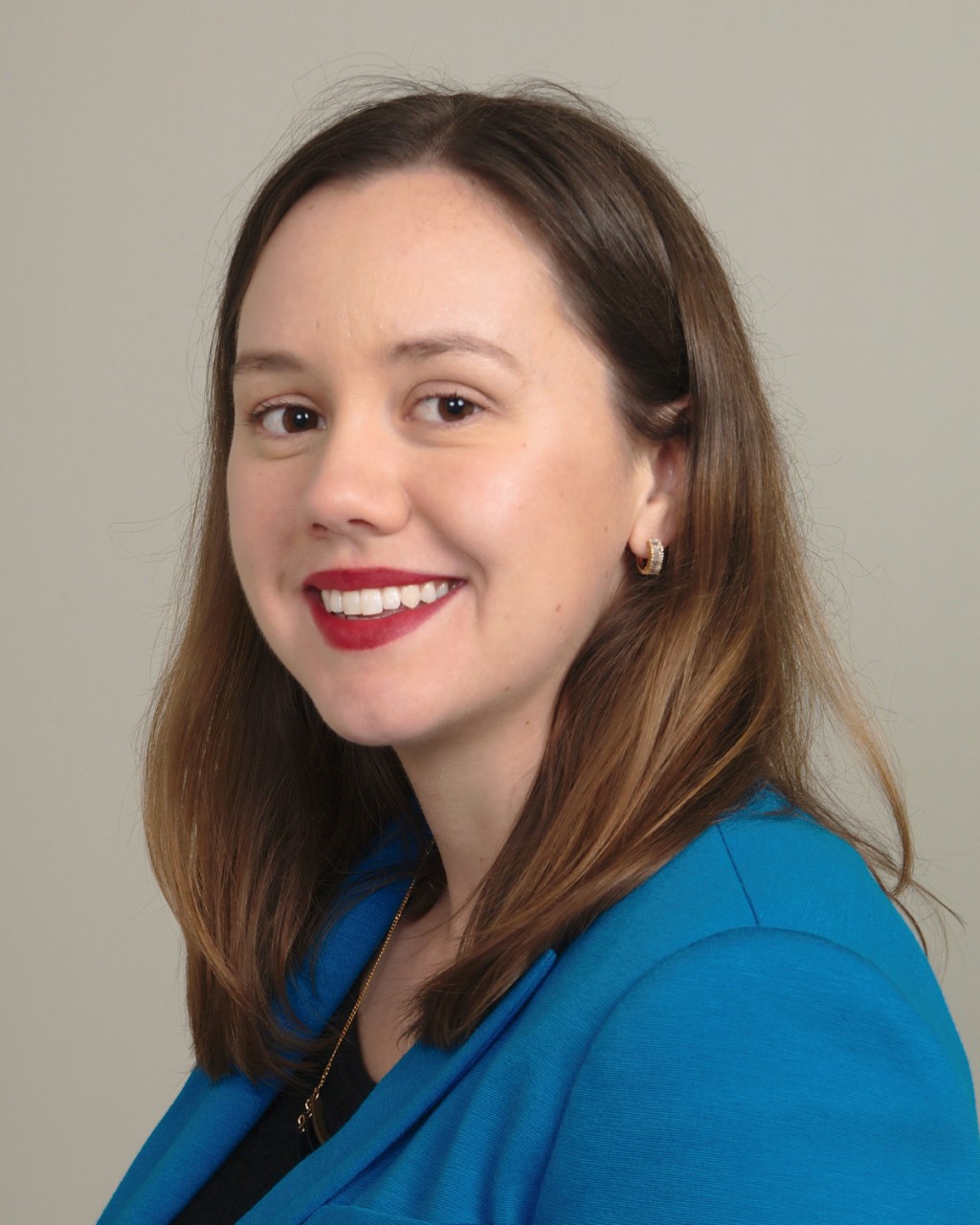
Bio: Katherine Aronson-Ensign is currently pursuing a PhD at UMASS Boston in Global Inclusion and Social Development. Katherine (Kat) joined our team in the Fall of 2016 as a Research Assistant for Children in Action: Motor Program for Preschoolers (CHAMPPS). From a young age Kat was always encouraged to be active, and continues to participate in the November Project (free fitness group) and running races. Her passion for an active lifestyle is apparent through her engagement with the CHAMPPS program. Kat believes that an active lifestyle can have a positive impact on a person’s quality of life; one way she shares that passion with others is through teaching yoga for children and adults. All her endeavors have given her an understanding of the importance of increasing physical activity levels and motor skill development for all young children, both those with and without disabilities. There is also evidence that participation in organized sport can prevent violence and promote reconciliation. Kat hopes that active lifestyles can help youth grow into healthy, peaceful, and engaged citizens. She intends to write her dissertation on Sport for Development and Peace (SDP).
Hsiu-Wen Yang
Project Coordinator, Illinois
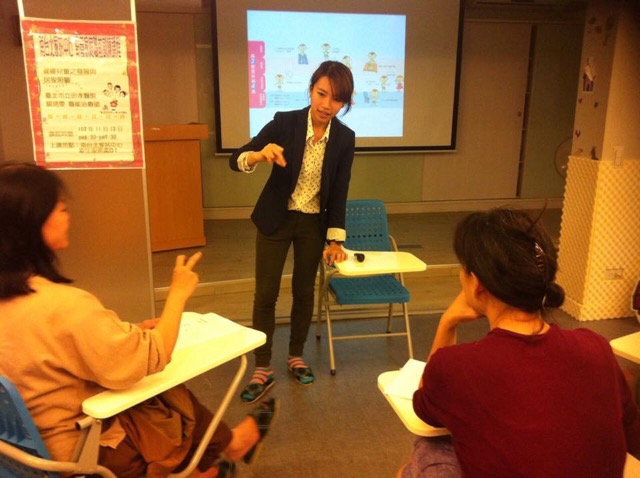
Bio: Hsiu-wen Yang is a third year doctoral student at the University of Illinois, at Urbana-Champaign, in the Department of Special Education. Prior to returning to graduate school, she worked as an occupational therapist in Taiwan for three years. Her research focuses on inclusive early childhood special education, supporting children’s motor development, and family-centered practices.